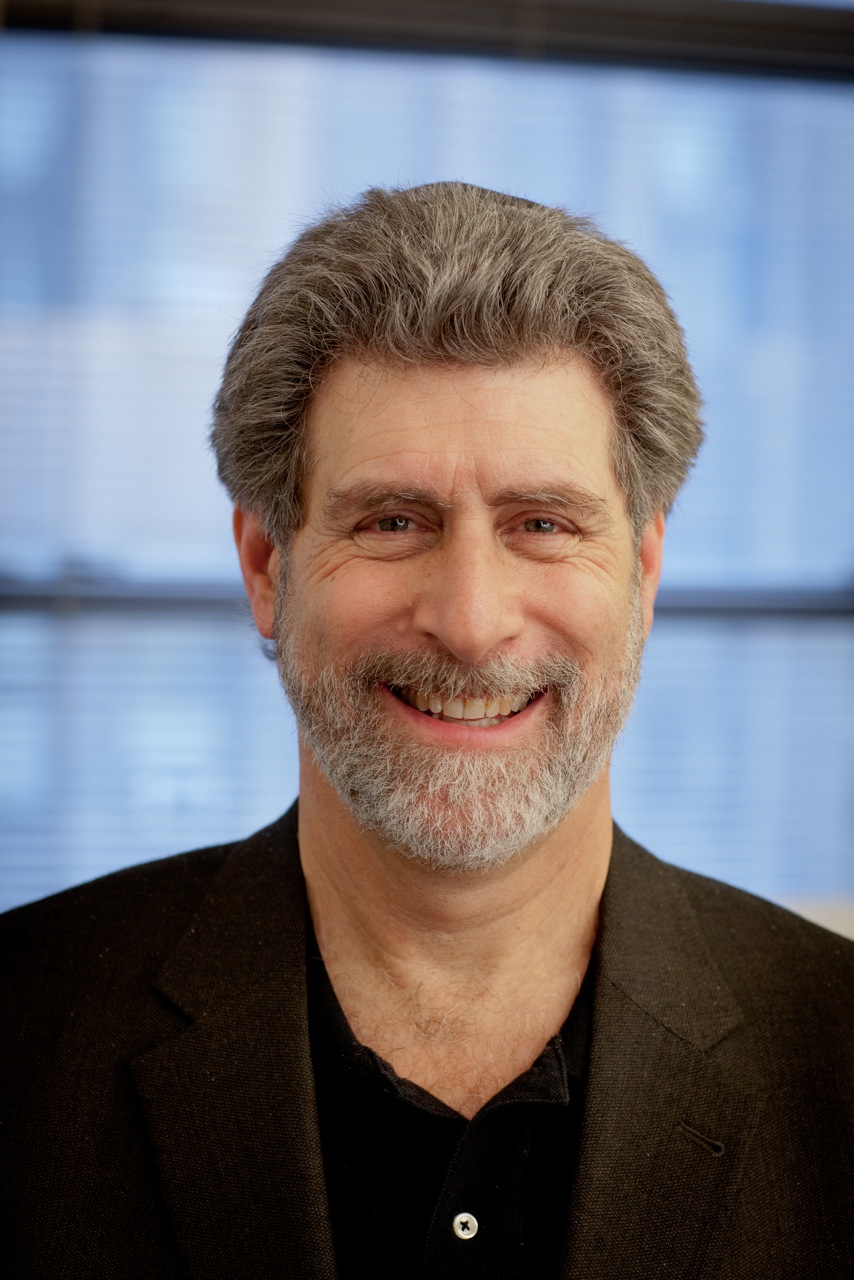The girl who will become bat mitzvah in my shul on Parshat Lech Lecha has noted that her special day falls a week before the anniversary of Kristallnacht, which members of her family witnessed. So she requested I let her leyn her portion from the Czech “Shoah” scroll in our ark. Those who possess such scrolls know that their survival story is nearly miraculous, and that reading from them (or even rolling them back and forth) is not only a privilege but a challenge, since most of them are in terrible shape.
Then she reminded me that she herself was born on September 11, 2001, the very day of the attacks on Washington and New York.
The confluence of these landmark dates stuns you if you are a person who thinks a lot about both human rights and Jewish life, and if you are privileged as part of your work to usher young people into the grown-up part of our people’s tradition. You want your students to take the tradition seriously, including its practices such as reading from the Torah and speaking about it. You also want them to see the universal theme of human compassion that emerges from the tradition when one is so inclined to see it that way. And you hope the kids won’t learn to use passages like God’s promise to Abraham as a cudgel, the way so many of Abraham and Sarah’s descendants continue to do.
Lech Lecha contains the entire layout of the Israeli-Palestinian conflict, as it were. It’s no stretch to say that your take on that conflict influences the way you read the parashah. Here’s my take: God calls to Abraham and Sarah to go to a land entirely occupied by other nations. They do so. They establish themselves as enlightened sojourners. They welcome wayfarers, interact with holy persons of other indigenous religious tribes, and comport themselves with dignity. When it becomes clear that “partition” is necessary both to peaceful coexistence with nephew Lot and to everyone’s agricultural prosperity, Abraham willingly divides the land. When intractable conflict breaks out among warring factions in Canaan (the so-called “war of the four against the five”), Abraham intervenes not to create an idealistic peace, but to find a workable resolution among the parties. Along the way, Abraham finds it necessary to adopt a defensive posture in order to protect Lot from belligerent captors. Victorious in this endeavor, he refuses to profit from the venture beyond securing the safety of his kin.
Abraham’s Canaan is no Eden, but it is somehow a place where rivals share a land and practice their particular forms of peoplehood side by side. In the several times God promises the entire land to him, God does not add the coda so familiar to readers of Deuteronomy, viz. the need to throw out the other Canaanite nations in order to realize the vision. On the contrary, Lech Lecha leaves our patriarch with the promise of two sons who will both produce “great nations.” We are left with the hope that along with “possession” of the Land of Canaan, our tribe would prevail upon all of its inhabitants to coexist and respect what today we would call one another’s “human rights.”
Back to my bat mitzvah girl. In that gnarly Shoah scroll that she so much wants to read from, she somehow senses a witness to the worst horrors humans have ever committed. She hears the Torah’s lone voice of conscience calling into the void of global indifference. She tells me that this Torah represents the mission of the Jewish people, which is to refuse to let evil go unchecked. For her, the Torah – that Torah – is Abraham’s voice in Canaan standing up for humanity in an unprecedented way.
And as a child born on “9/11” she feels it necessary to express that complicated double-edged message that all of us would-be do-gooders inevitably face: On the one hand, we cry out even against our own people and nation when the fate of the world is at stake, but on the other hand, we stand fast for our own when enemies rise up to harm us.
Her favorite part of the parashah is “the part about the stars.” That’s when Abraham is called out into the open field to observe the uncountable heavenly bodies above him. One wants to think of Abraham as believing at that moment both in the promise to his own offspring (that they will be “numerous as the stars”) and to the even greater promise that his descendants would live to stand witness to the godliness that all peoples must ultimately reflect toward one another. Only then can he fulfill his true blessing, which is to be someone “in whom all the nations of the earth are blessed.”
Rabbi Lester Bronstein is rabbi of Bet Am Shalom Synagogue, a Reconstructionist congregation in White Plains New York. He is a board member of T’ruah and the New York Board of Rabbis, and is chair of the JFNA Rabbinic Cabinet.

